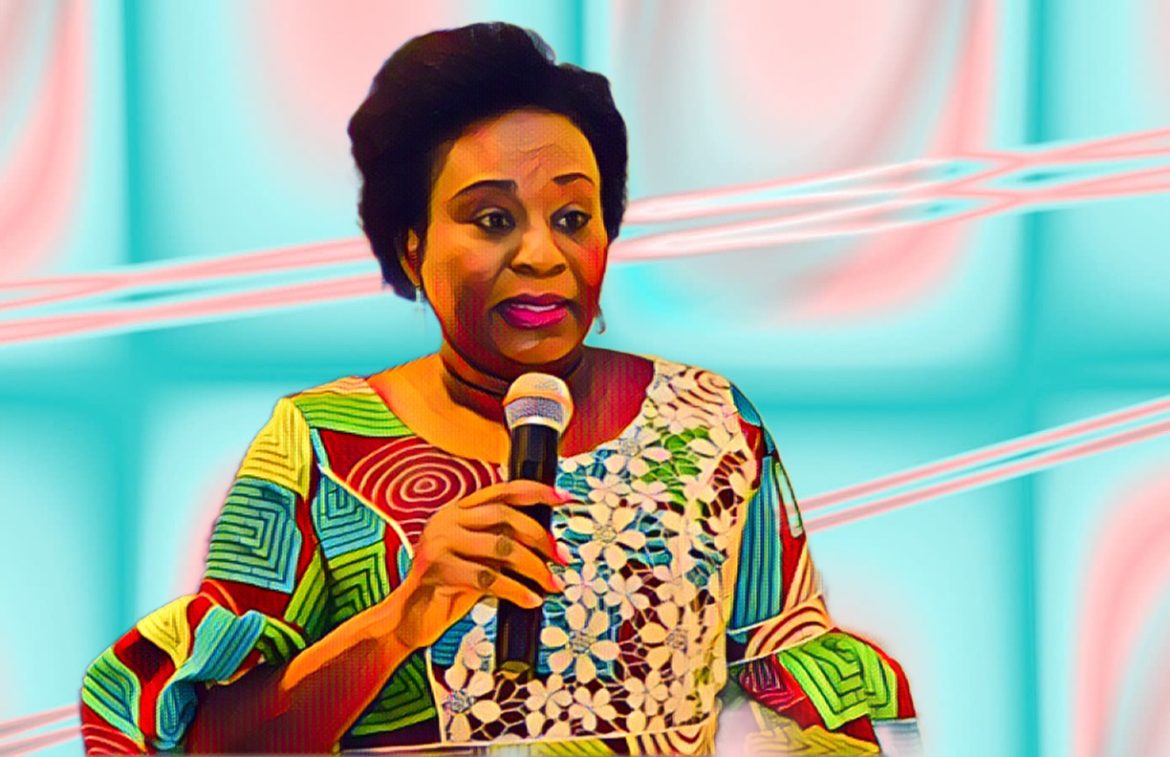Abuja, Nigeria – Head of the Civil Service of the Federation, Dr. Folasade Yemi-Esan, has announced that Higher National Diploma (HND) holders seeking conversion to officer cadre in the federal civil service must undergo a mandatory one-year training. This new directive aims to standardize the skill sets and competencies of civil servants across the board.
During a recent meeting with key stakeholders, Yemi-Esan emphasized the importance of the training program in ensuring that all personnel possess the requisite skills and knowledge for their roles. “This mandatory training will bridge the gap between HND holders and their university graduate counterparts, ensuring uniformity in our civil service standards,” she stated.
The training program, which is part of broader civil service reforms, will focus on enhancing administrative capabilities, leadership skills, and policy implementation proficiency. It will also cover essential areas such as information technology, project management, and ethics in public service.
Dr. Yemi-Esan elaborated on the rationale behind the new policy, noting that it addresses long-standing disparities in the career progression of HND holders. “This initiative is not just about providing additional training; it is about leveling the playing field and ensuring that every officer is equipped to perform their duties effectively,” she explained.
The announcement has generated mixed reactions among HND holders and education stakeholders. Some see it as a positive step towards professional development and career advancement, while others view it as an additional hurdle.
Chinyere Okoro, an HND holder aspiring for conversion, expressed optimism about the training. “I see this as an opportunity to enhance my skills and improve my chances for career growth. It shows that the government is committed to our development,” she said.
Conversely, some critics argue that the policy places an unnecessary burden on HND holders. “This additional year of training could be seen as discriminatory. HND holders already undergo rigorous academic and practical training during their studies,” commented Dr. Tunde Ajayi, an education policy analyst.
To address such concerns, the civil service has ensured that the training program will be comprehensive yet accessible. The curriculum will be designed to accommodate the professional backgrounds of HND holders, with options for online and part-time learning to cater to those already employed.
The implementation of this policy is part of a broader strategy to overhaul the Nigerian civil service, aiming to make it more efficient and responsive to contemporary challenges. The reforms include measures to streamline recruitment processes, enhance employee welfare, and promote a merit-based progression system.
Yemi-Esan also highlighted the potential long-term benefits of the training. “Investing in the professional development of our civil servants is crucial. It not only improves individual performance but also enhances the overall efficiency and effectiveness of the civil service,” she noted.
As the federal government rolls out this new training requirement, it remains committed to providing support and resources to ensure its success. The civil service plans to collaborate with educational institutions, training centers, and professional bodies to deliver high-quality training programs.
The introduction of the mandatory training for HND holders reflects the government’s broader vision of fostering a more capable and equitable civil service. By ensuring that all officers have access to the same level of professional development, the policy aims to create a more unified and effective workforce.
In conclusion, Dr. Yemi-Esan reiterated the government’s dedication to the professional growth of all civil servants. “We are committed to building a civil service that is competent, efficient, and able to meet the needs of our nation. This training program is a significant step in that direction,” she affirmed.
Source: tribuneonlineng.com


